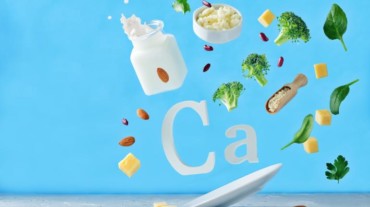
Bones play multiple roles in our body — providing structure, protecting organs, anchoring muscles and storing calcium. While it is important to build strong and healthy bones during childhood and adolescence, it is important to take care of your bones during adulthood as well.
Women especially, after the age of 30 years tend to start losing calcium from their bones. Their daily diet may not sufficiently fulfill their requirement. But it happens to be that Indian women are at a higher risk of bone health issues, and therefore need to pay special attention to keeping them healthy in order to lead an active life.
On the occasion of Bone and Joint Day, observed on August 4, here are some interesting facts on why women need to be extra careful about their bone health:
1. Higher fracture risk due to low bone strength, small bones and smaller body type: When compared to women in the West, Indian women have lower bone mass or bone strength. Also, women who have smaller and thinner bones have higher risk of osteoporosis-related fractures.

2. Early menopause in Indian women can weaken their bones early and fast: Women get their monthly period cycle due to the activity of the hormone estrogen. This hormone is very important for bone growth and strength. When the levels of this hormone declines, women get menopause. Indian women tend to experience menopause earlier compared to Western women. This causes early and rapid loss of bone strength in Indian women.
3: Indian women are less likely to consume foods that provide nutrients for strong bones: Compared to men, Indian women are less likely to consume calcium-rich foods such as milk and curd regularly. Additionally, women are more likely to abstain from consuming meat, fish and eggs than men, while these are the foods provide nutrients for strong bones.
4: Inadequate information about bone health among Indian women: Studies have shown that there is a general lack of awareness regarding bone health among Indian women. And this lack of condition understanding restricts them in taking necessary action.

But here’s the good news – it’s never too late to take care of your bones. You can still take care of them with exercise, diet and proper supplementation. Doing weight-bearing exercises, consuming a well-balanced diet with calcium and vitamin D, and limiting alcohol and smoking can help prevent or slow down the chances of developing bone issues.
1. Since your daily diet might not fulfill your calcium needs, opt for calcium supplementation and one that comes with Vitamin D. Most of them are big in size and needs to be swallowed with water.
2. Often, consumers complain about the difficulty in swallowing calcium tablets. However, there are brands in the market which come in chewable tablet format. These tablets are good to taste and do not need to be swallowed.
Select Topics of your interest and let us customize your feed.
PERSONALISE NOW